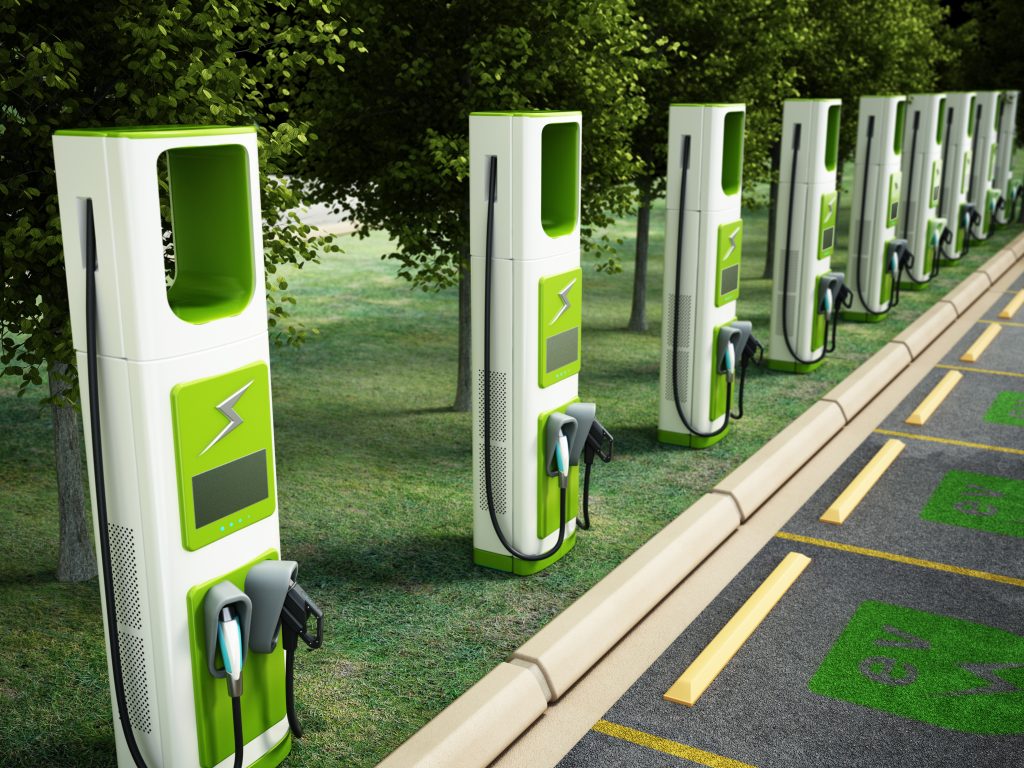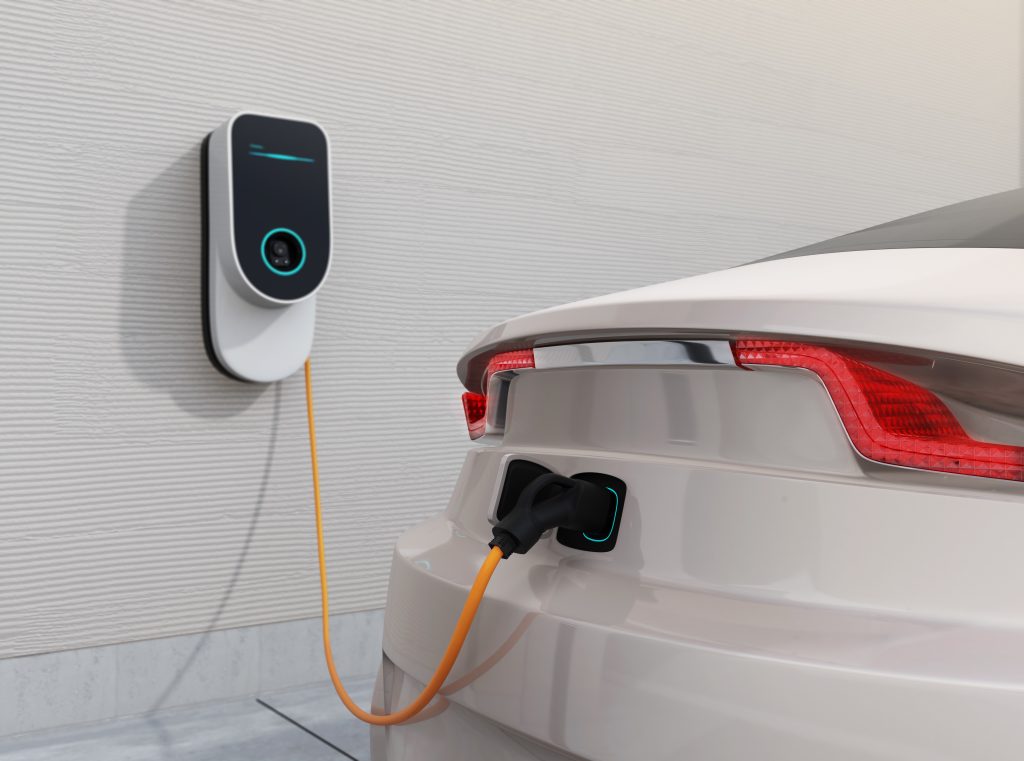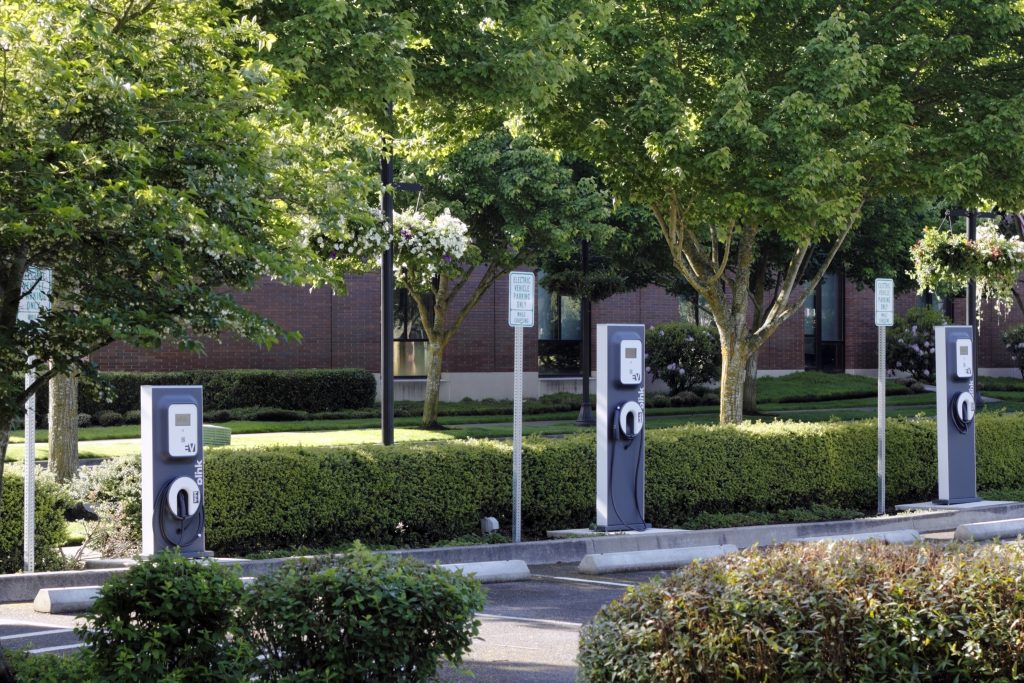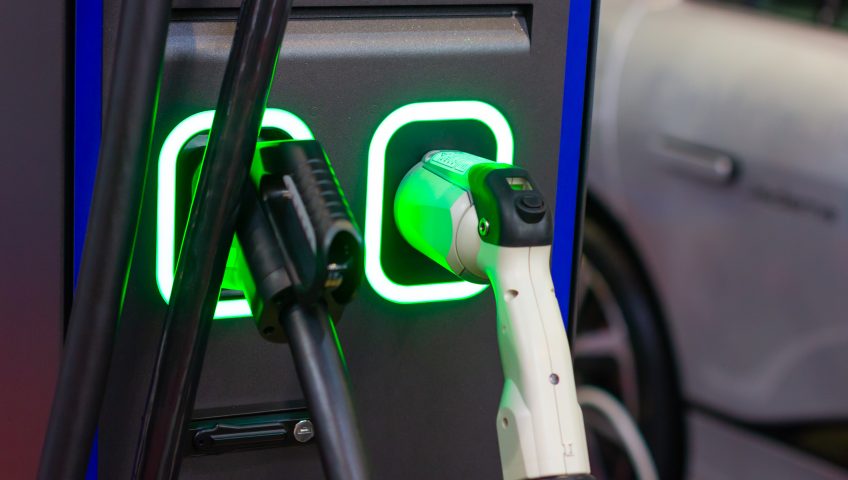In the ever-evolving landscape of electric vehicles (EVs), the question of how and where to charge your EV is paramount. For EV owners, the decision between home charging and public charging stations isn’t just about convenience; it’s also a matter of cost. At ROS Electric, we understand the importance of making informed decisions about your EV charging options. With a focus on providing top-tier electrical contracting services, including EV charger installations, we’re here to guide you through a cost comparison of home charging versus public stations.


The Basics of EV Charging
Before diving into the costs, let’s understand the basics. Home charging typically involves Level 1 or Level 2 chargers, with Level 2 being the most common for residential use due to its faster charging speed. Public stations, on the other hand, offer Level 2 and DC Fast Charging, the latter providing a rapid charge but at a higher cost.
Initial Setup Costs
- Home Charging: The initial setup for home charging can be a significant investment. Installing a Level 2 home charging station involves purchasing the charging unit and potentially upgrading your home’s electrical system. However, this is a one-time cost that pays dividends in convenience and long-term savings.
- Public Charging: There’s no setup cost associated with using public charging stations, making it an attractive option for those who cannot install a home charger. However, the per-charge cost at public stations can vary widely.
Cost per Charge
- Home Charging: Charging at home is generally cheaper than at public stations, thanks to residential electricity rates. The cost per charge depends on your vehicle’s battery size and your local electricity rate, but it’s often significantly lower than the rates at public charging stations.
- Public Charging: Public stations charge either by the hour or per kWh. DC Fast Charging stations, while quicker, are also more expensive. Frequent use of public chargers, especially fast chargers, can add up, making it costlier than home charging in the long run.
Convenience and Accessibility
- Home Charging: The convenience of waking up to a fully charged EV cannot be overstated. Home charging eliminates the need to find and wait at public charging stations, saving time and hassle.
- Public Charging: While not as convenient as home charging, public stations are essential for long trips or for those who cannot charge at home. The network of public chargers is rapidly expanding, making it easier to find a charging station when you need one.
Impact on Home Value
Installing a home charging station can increase your home’s value. As EVs become more common, the demand for homes equipped with EV charging capabilities will rise, making it a smart investment.
Sustainability
Charging at home, especially if you have access to renewable energy sources, can be more sustainable than using public stations, which may rely on non-renewable energy sources. This aspect is crucial for those committed to reducing their carbon footprint.

Making the Right Choice
Choosing between home charging and public stations involves considering the initial setup costs, ongoing expenses, convenience, and sustainability. While home charging generally offers lower costs and greater convenience, public charging stations play a vital role in supporting EV owners without access to home charging and long-distance travel.
At ROS Electric, we’re dedicated to empowering EV owners with the information and services they need to make the best choices for their lifestyles and budgets. Whether you’re considering installing a home charging station or seeking advice on managing EV charging costs, our team is here to help. Ready to explore your home EV charging options? Contact ROS Electric today to learn how we can enhance your EV ownership experience with professional charging station installations and expert electrical services. Let’s drive into a greener future together.


Write a Comment